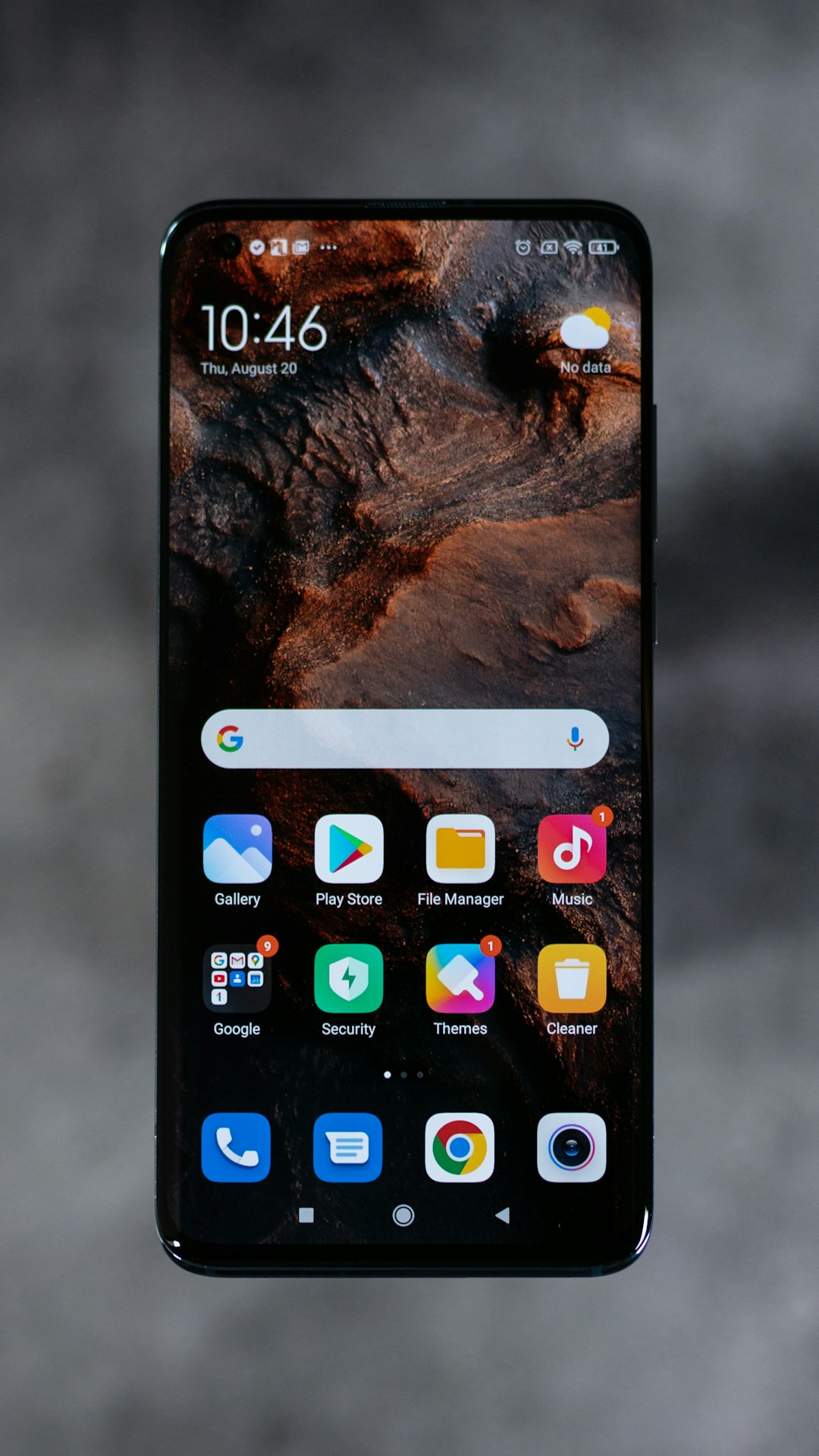In Virginia, where robocalls are prevalent, advanced technologies and robocall laws are essential to combat spam calls. Machine learning algorithms detect suspicious patterns, while filter systems, updated with industry standards, block unwanted calls as per state regulations. Users should implement these filters on their devices, testing them with various numbers to ensure effectiveness. Regular rule updates based on new robocall trends are crucial for staying compliant with robocall laws in Virginia.
In Virginia, as across the nation, robocalls—automated telephone calls promoting products or services—have become a ubiquitous nuisance. With Virginia’s strict robocall laws aiming to protect mobile users from unwanted calls, effective spam call filters are essential for maintaining privacy and peace of mind. This comprehensive guide explores strategies to combat these intrusive calls, from understanding the legal framework governing robocalls in Virginia to building robust filtering systems and leveraging advanced detection techniques.
Understanding Robocalls and Virginia's Legal Framework

Robocalls, or automated phone calls, have become a pervasive issue for many Virginia residents, often disguised as marketing messages or fraudulent schemes. These unwanted calls can be particularly bothersome and even dangerous, leading to increased consumer frustration and potential security risks. In response to this growing concern, Virginia has implemented specific robocall laws aimed at protecting its citizens.
The state’s legal framework recognizes the need for measures to combat intrusive and deceptive robocalls. Virginia’s robocall Laws empower authorities to regulate and penalize entities that violate these rules, ensuring a safer and more transparent communication environment for mobile device users within the state. These laws play a crucial role in maintaining consumer privacy and security in an era where technological advancements have made such interventions increasingly necessary.
The Impact of Spam Calls on Mobile Users in VA

In Virginia, as across the nation, spam calls have become a significant nuisance for mobile device users. These unwanted automated voice messages, often referred to as robocalls, disrupt daily life and can be particularly pervasive among the state’s resident base. With the rise of advanced technology, spammers employ sophisticated methods to target individuals, making it challenging for recipients to differentiate legitimate calls from fraudulent ones. The sheer volume of spam calls can lead to increased frustration, wasted time, and even potential security risks.
Virginia residents often find themselves on the receiving end of these nuisance calls, which can range from promotional offers and scams to political messages and pranks. The robocall Laws in Virginia offer some protection, but keeping pace with evolving call-blocking technologies and tactics remains a constant challenge for both users and service providers. Effective spam call filters are essential tools to mitigate this growing problem, ensuring that Virginians can enjoy their mobile devices without the constant intrusion of unwanted calls.
Building an Effective Call Filtering System

Building an effective call filtering system for Virginia mobile devices starts with robust technology that can identify and block robocalls. Advanced algorithms, such as machine learning, play a crucial role in detecting patterns common among spam calls. These technologies analyze various factors like caller ID, calling patterns, and script-like responses to accurately differentiate between legitimate calls and unwanted robocalls.
In Virginia, where robocalls are prevalent, implementing a call filtering system that leverages these advanced techniques is essential. By continuously updating the filter rules based on emerging spam call trends, users can stay protected against new and sophisticated robocallers. Collaboration with telecommunications providers and adoption of industry-standard anti-spam measures further strengthen the defense against unwanted calls.
Advanced Techniques for Robocall Detection

In the ever-evolving landscape of communication technology, robocalls have become a pervasive issue for many Virginians. To combat this, advanced techniques are being developed to detect and filter out these automated calls more effectively. One such method involves machine learning algorithms that analyze call patterns and metadata to identify suspicious behavior, such as calls originating from unknown or frequently changing numbers. By continuously training these models on vast datasets, including known robocall traits, they can adapt to new tactics used by scammers.
Another powerful tool is the use of regulatory measures, like the Robocall Laws in Virginia, which mandate strict guidelines for automated telemarketing calls. These laws empower phone carriers and consumers with legal avenues to combat unwanted calls. Advanced filter systems now incorporate these regulations, blocking calls from numbers that have been reported or identified as violating local robocall laws, thereby enhancing the effectiveness of spam call prevention measures.
Implementing and Testing Your Spam Call Filter

Implementing and testing your spam call filter is a crucial step in ensuring effective protection against robocalls in Virginia. Once you’ve chosen a reliable spam call filtering solution, the first step is to set it up on your mobile device. This typically involves downloading a dedicated app or enabling built-in call screening features. During setup, carefully review the filtering options and customize them to your preferences, specifying which types of calls you want blocked, such as political robocalls, telemarketing calls, or calls from unknown numbers.
After implementation, thorough testing is essential. Make a list of common numbers you typically receive, including known legitimate contacts and potential spam sources. Test the filter by placing calls from this list to observe how effectively it blocks unwanted calls. Additionally, consider using test numbers available online for robocall testing. Regularly update your filtering rules based on emerging trends in robocall scams to maintain optimal protection against Virginia’s robocall laws.






